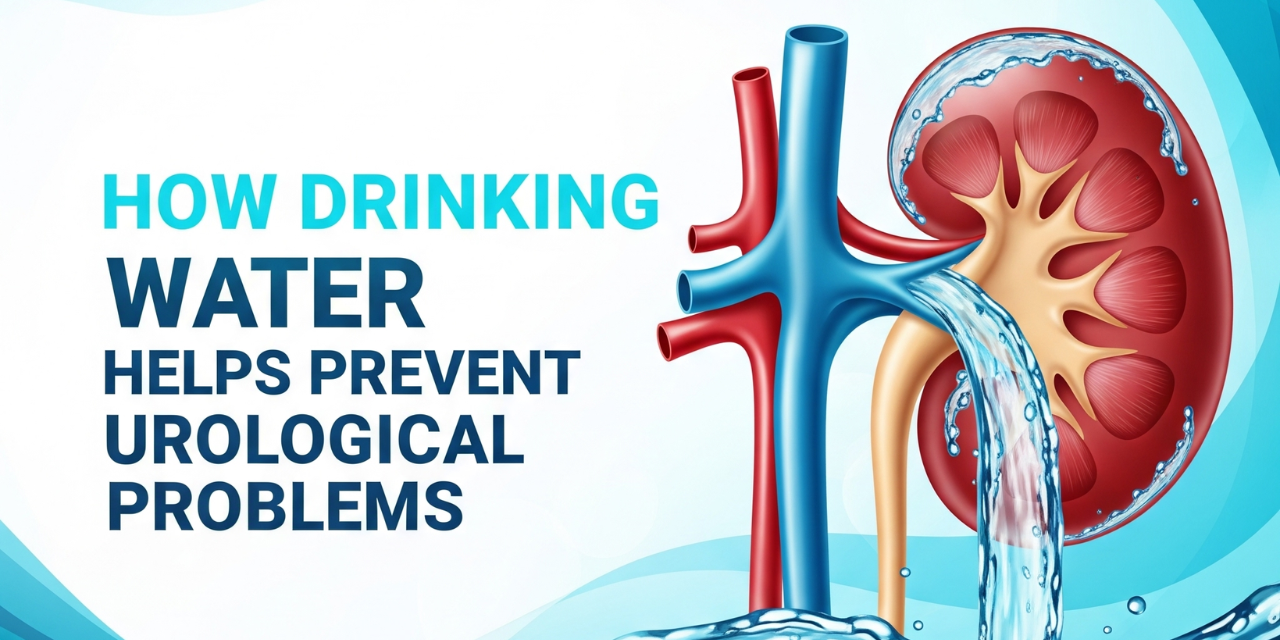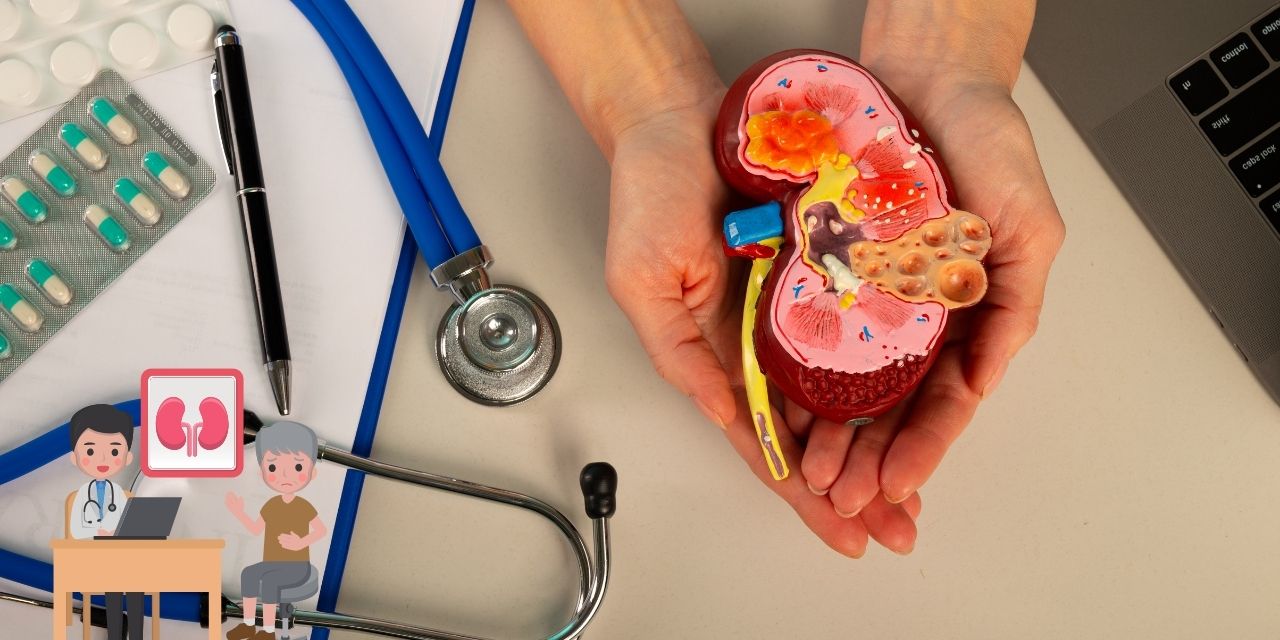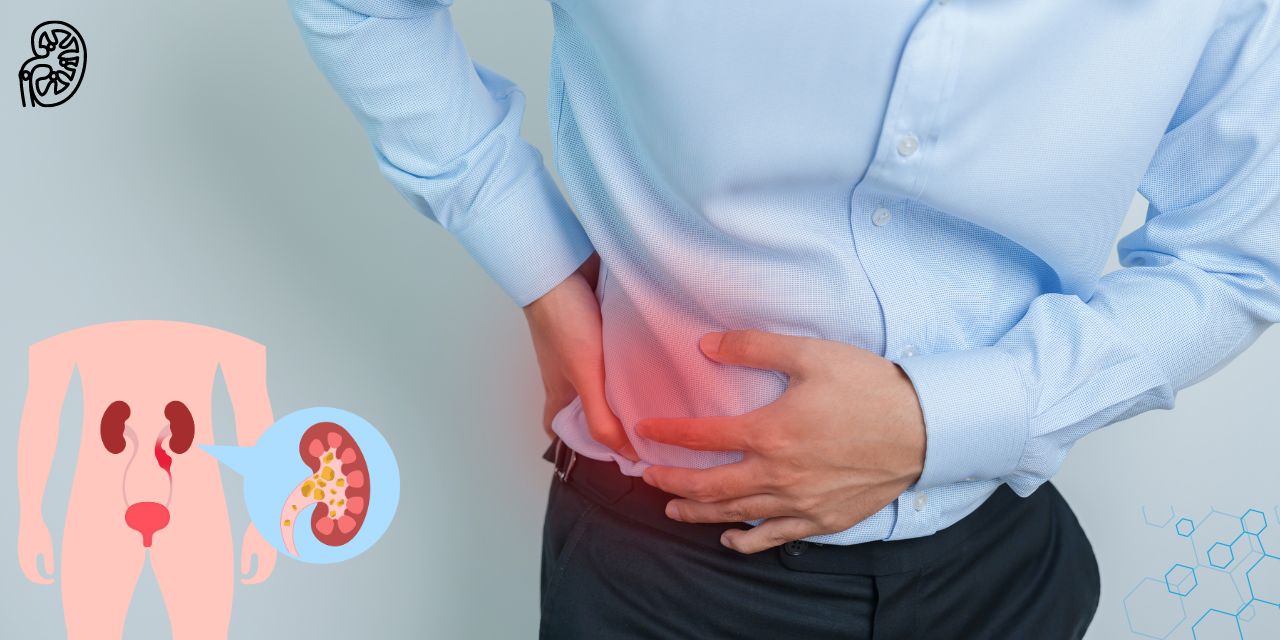Urological health is a crucial aspect of overall well-being, particularly as individuals age. Both men and women experience changes in their urological systems over time, which can lead to various health issues. Understanding how age impacts urological health can help in early detection and treatment, thereby improving quality of life.
Urological Health Changes with Age
➽ Men’s Urological Health
As men age, they often experience an increase in prostate size, a condition known as benign prostatic hyperplasia (BPH). This enlargement can lead to urinary issues such as:
- Frequent urination: Increased urgency and frequency, especially at night (nocturia).
- Weak urine flow: Difficulty starting or maintaining a steady stream.
- Incomplete bladder emptying: A sensation of not fully emptying the bladder.
Additionally, older men are at higher risk for prostate cancer, which necessitates regular screenings and consultations with urologists. Hormonal changes, particularly a decrease in testosterone levels, can also affect sexual health, leading to erectile dysfunction.
➽ Women’s Urological Health
Women also face significant changes in their urological health as they age. The most notable changes occur during menopause due to decreased estrogen levels, which can lead to:
- Urinary incontinence: Loss of bladder control, which may be stress-related (leakage during physical activity) or urge-related (sudden urges to urinate).
- Increased urinary tract infections (UTIs): Thinning vaginal walls and changes in the urinary tract can make women more susceptible to infections.
- Pelvic organ prolapse: Weakened pelvic muscles may cause organs like the bladder or uterus to descend into the vaginal canal.
Common Urological Conditions by Age Group
Understanding specific conditions that arise with age can aid in prevention and treatment:
- Ages 20-30: Both men and women may experience UTIs. Men might begin noticing early signs of prostate issues.
- Ages 40-50: Increased prevalence of BPH in men; women may start experiencing menopausal symptoms affecting urological health.
- Ages 60+: Higher risk for prostate cancer in men; women may face more severe urinary incontinence and prolapse issues.
Preventative Measures for Urological Health
Maintaining urological health as one ages involves several proactive measures:
Regular Check-ups: Routine visits to a urologist can help catch potential issues early.
Hydration: Drinking adequate water helps maintain bladder health and reduce the risk of infections.
Healthy Diet: A diet rich in fruits, vegetables, and whole grains supports overall health and can mitigate some urological issues.
Pelvic Floor Exercises: Kegel exercises can strengthen pelvic muscles, particularly beneficial for women experiencing incontinence.
Treatment Options Available
When issues arise, various treatment options are available depending on the condition:
- Medications: Alpha-blockers for BPH or hormonal therapies for women experiencing menopausal symptoms.
- Surgical Interventions: In severe cases of BPH or prolapse, surgical options may be considered.
- Lifestyle Modifications: Weight loss and smoking cessation can significantly improve urological health outcomes.
Conclusion
Aging significantly impacts urological health in both men and women. By understanding the changes that occur and the common conditions that can arise, individuals can take proactive steps to maintain their urological health. Regular check-ups, open discussions with healthcare providers, and timely treatment are vital for managing urological issues effectively.
If you’re experiencing any urological health concerns, don’t hesitate to seek professional help. For comprehensive urological treatment in Panchkula, consider visiting Raffels Hospital. For appointments or inquiries, you can reach out at +919356728000.













